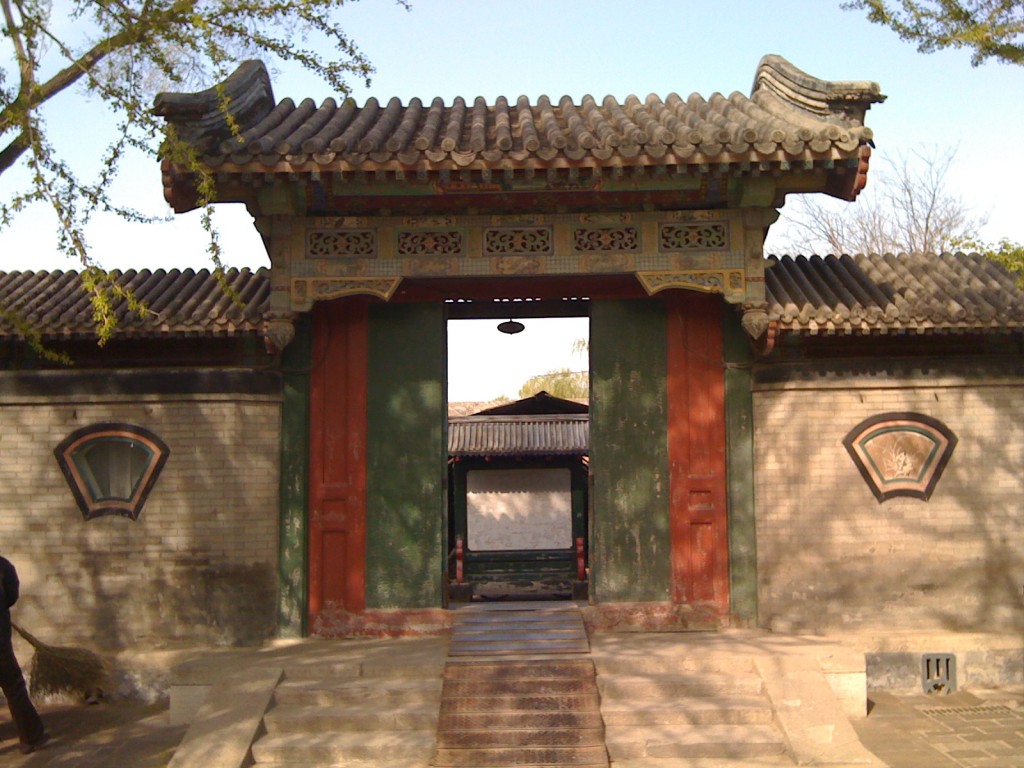An excellent interview with Mark Elliott tells readers why the Manchus are so important for understanding Chinese history:
“In the particular case of the Qing we can see pretty clearly that they were inspired both by Chinese notions of what the state ought to be, what the rulers ought to do, or what the proper hierarchies and relationships were, but also by ideas that did not come from within China itself – what we think of as China, or what we call China – but from Inner Asian territories, and from previous states that had managed to control all or part of the Chinese heartland, like the Liao or the Jin or the Yuan. And those sorts of models and institutions also played a very important role in what kind of state that the Qing became, and in explaining the successes that the Qing state had in achieving consolidation, and ultimately in territorial expansion, and so on.
So, when we say that the Qing empire was a ‘Manchu’ empire, that’s what I have in mind, that this is a particular inflection of the Chinese idea, one which we cannot understand without understanding the Manchu language – at least, we can’t understand it in the way that it was understood by the people who were running the show then. I, and a number of others have on that basis gone so far as to say that we don’t want to draw a neat equivalence between the Qing empire and what we think of as ‘China’. Some have understood this to mean that we are denying any connection between the Qing and China – that is to say that the Qing was not ‘China’. And I think that is a bit of a reduction of what we’re trying to say. But admittedly, if that’s how you understand the argument, and if you believe that the PRC today derives its legitimacy because it occupies the same territory as the Qing, and inherited that from the Qing – (and here, we have to forget about the fact that there was a Republic of China, between 1911 and 1949, and which is still in existence in Taiwan!) – then of course what anybody might say about the Qing, if they want to deny that there is a one-to-one equivalence, then that will be taken as a challenge to the legitimacy of the state today. I think that this is a misunderstanding, but it is a misunderstanding that can be understood.”
View the full interview at www.thechinastory.org


Hi! I’m so glad to notice that a manchu studies group exists!! So the language is not dying out … I have been learning Manchu by myself since last November with Gertraude Roth Li’s grammar book! Grammar not easy!!! At least I can write and read Manchu by now. I studied sinology some years ago and always wanted to learn the language of Kangxi and Qianlong!!!